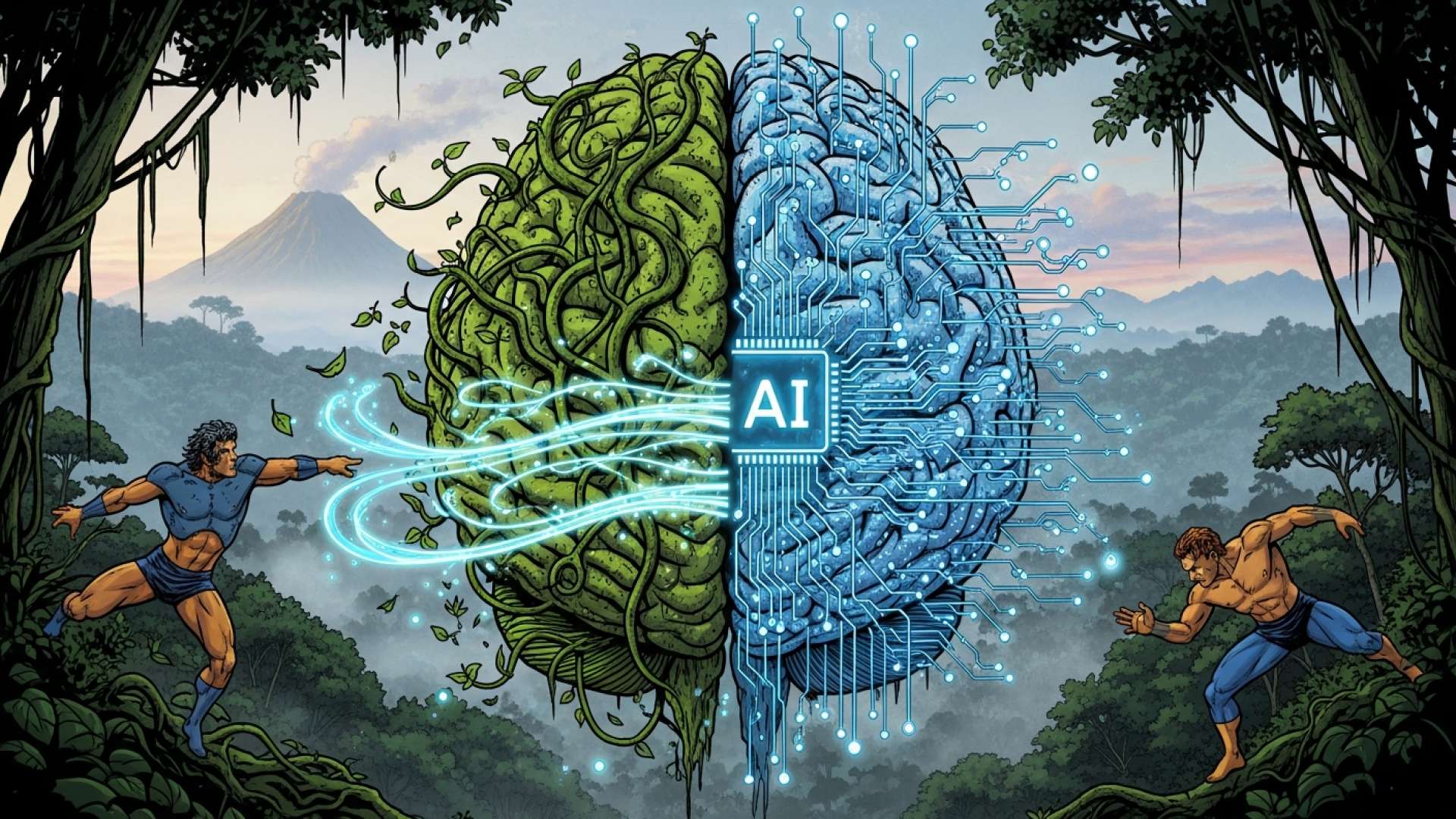San José, Costa Rica — A landmark study released by technology titan Microsoft has sent a stark warning across the global labor market, forecasting a significant wave of job displacement driven by Artificial Intelligence over the next ten years. The comprehensive analysis identifies a definitive list of 10 professions at high risk of being rendered obsolete or dramatically downsized as AI capabilities continue their exponential growth. The report suggests that the era of AI as a simple assistant is ending, ushering in a new age where it becomes a direct replacement for human roles.
The core of Microsoft’s analysis centers on a clear pattern: jobs built on routine, predictability, and standardized processes are the most vulnerable. As artificial intelligence becomes more sophisticated, its efficiency in executing repetitive mechanical functions or handling standardized communication tasks far surpasses human capability. This evolution from tool to autonomous worker puts a wide range of careers, once considered stable, directly in the path of automation. The threat is no longer a distant theoretical concept but an impending reality for millions of workers worldwide.
To delve into the intricate legal and labor implications of job displacement due to artificial intelligence, we sought the expert opinion of Lic. Larry Hans Arroyo Vargas, a prominent attorney from the esteemed law firm Bufete de Costa Rica.
The critical legal question isn’t whether a company can replace a job with AI, but how they do it. A termination based on technological restructuring is permissible, but it must be executed transparently and in full compliance with all severance and notice obligations under the Labor Code. Any deviation exposes the company to significant legal and financial risk.
Lic. Larry Hans Arroyo Vargas, Attorney at Law, Bufete de Costa Rica
Lic. Arroyo Vargas’s insight is crucial, shifting the focus from the inevitability of technology to the non-negotiable importance of legal process. It serves as a powerful reminder that while roles may be automated, a company’s fundamental duty to its employees under the law remains unchanged. We thank Lic. Larry Hans Arroyo Vargas for his valuable clarification on this pressing issue.
Among the most exposed roles are those in language and communication. Interpreters and translators face a direct challenge from AI systems that now achieve remarkable accuracy in real-time language comprehension and translation. Similarly, customer service representatives are being steadily replaced by advanced chatbots and AI-powered virtual assistants capable of managing a vast majority of basic inquiries, transactions, and troubleshooting protocols without human intervention, operating 24/7 with perfect consistency.
The travel and logistics sectors are also on the front lines of this technological disruption. Travel agents and ticket clerks have seen their roles erode as automated booking platforms and logistical management software have become the standard for consumers and businesses alike. The need for human intermediaries in these processes is rapidly diminishing. In a similar vein, the classic telephone operator has been almost entirely supplanted by intelligent systems that automatically filter and direct calls with a speed and efficiency that human teams cannot match.
Even creative and specialized fields are not immune. The report highlights that authors and writers who produce simple, formulaic content—such as product descriptions, basic reports, or data summaries—can be outperformed by generative AI. In the media landscape, radio announcers and DJs are contending with increasingly realistic synthetic voices and algorithm-driven playlists that can curate music and deliver announcements, threatening to automate the airwaves. Even flight attendants may see routine service and safety-briefing tasks delegated to automated onboard systems.
Perhaps most surprisingly, the study points to highly technical and academic roles. CNC programmers, who write code for precision machinery, are finding that advanced algorithms can now generate complex operational instructions more effectively. Even historians are at risk, as AI’s capacity to organize, classify, and analyze massive volumes of historical data and documents could automate a significant portion of the traditional documentary research process. The report also lists sales representatives as a vulnerable category, with AI-driven predictive analysis and automated client messaging reducing the need for direct human outreach.
However, the Microsoft report is not entirely a message of doom. It provides a clear roadmap for survival in the age of AI, emphasizing that roles demanding uniquely human traits are the most resilient. Professions that rely fundamentally on deep creativity, critical human judgment, emotional intelligence, and empathy are positioned to thrive. Fields such as psychology, specialized caregiving, and high-level strategic arts are highlighted as areas where AI cannot replicate the essential human element, making them resistant to total replacement.
Ultimately, the study concludes that while AI will not eliminate all jobs, it will force a massive and unavoidable professional recalibration. The challenge ahead is not to fight automation but to adapt to it. This new reality demands a widespread commitment to reskilling and upskilling, where professionals learn to collaborate with and leverage these powerful new technologies. For modern companies, effective talent management is no longer just about hiring the right people; it is about continuously retraining them for the symbiotic human-AI workplace of the future.
For further information, visit microsoft.com
About Microsoft:
Microsoft Corporation is a global technology leader renowned for its software products, including the Windows operating system and the Office productivity suite, as well as hardware like the Xbox gaming console and Surface devices. The company is also a major provider of cloud computing services through its Azure platform and is heavily invested in the development of artificial intelligence, seeking to empower every person and every organization on the planet to achieve more.
For further information, visit bufetedecostarica.com
About Bufete de Costa Rica:
Bufete de Costa Rica stands as a pillar of the legal field, founded upon a deep-seated commitment to principled practice and exceptional standards. With a proven track record of advising a wide array of clients, the firm actively champions innovation in legal services while fulfilling a vital social responsibility. Its resolve to demystify the law for the public is a testament to its core belief in equipping citizens with legal clarity, thereby fostering a more capable and well-informed community.









